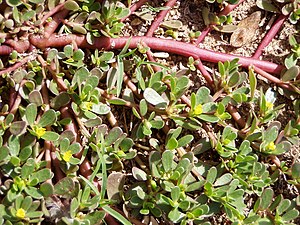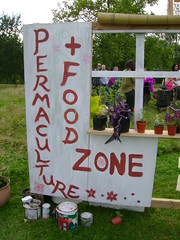A week away but not too bad in the garden - of course spent a few hours weeding.. My bush beans are kaput (a technical term) but the pole beans have taken off. Picked a mess (another tech term) of pole beans and cooked them for supper - a few were a little past prime and not for my dilly beans.
Pulled and shelled black beans, cattle and pinto beans - enough for two meals or a bunch of soup pots. Pulled about a dozen tomatoes. Just lost a few cherries that fell off. Pulled some tomatillos as well - what to make with them?
The three plants that took my absence the worst were the cukes (still will get some more I hope), the cousa squash (more to come I hope) and the kabocha squash (have just a few nice sizes to pick). Also not taking my absence too well - along with the heat and dry weather - were the potato plants. Still there and growing but needs some TLC. It looks like some deer feasted on the leaves as well. Didn't think they would feast on the potato plants but their chomping should not be a major issue.
Everything else - beets, carrots, turnips, rutabagas, parsnips, kale.. look great and should supply a nice stock for some fall/winter soups and meals.
Love vacation but it is great to be back in the garden.
 Image via WikipediaLet Go of The 'Need' to Save the Planet: Thich Nhat Hahn
Image via WikipediaLet Go of The 'Need' to Save the Planet: Thich Nhat Hahn



























